However, what elevates this film from being good to being great is the way it's filmed. To begin with it was recorded in black and white, something unusual in these modern times but which gives the movie starkness. And the other thing, and in my opinion the most remarkable thing, are those static and asymmetrical scenes present throughout the film. In many shots, the characters are shown in a corner of the screen or at the bottom, creating beautiful postcards like these:
Then there's the static shot. Ida, or her aunt, moves around the space, sometimes momentarily exiting the shot to re-enter a few seconds later, but the camera never moves. Stays fixed, focusing the environment, the wall, the forest.
Only in the last sequence of the film do we see the camera moves. Ida, after the suicide of her aunt, puts on her clothes, smokes a cigarette, drinks from a bottle and sleeps with a Jazz musician she had met while traveling with Wanda searching for the whereabouts of her parents.
Although we see her lying in bed, quiet, next to the musician, when she returns to the convent one can perceive the internal agitation in her eyes and the camera, just this once on the tape, moves at that pace, walks on a path of earth, advancing on her back, as if accompanying Ida and reflecting her inner turmoil.
It's with these small details that a film director and a modest budget film can achieve memorable wonders and capture the attention of the industry and the demanding public, claiming the seventh art that has less and less of the latter. For the excellent direction, the rightness of a different proposal and how well taken care of are the details of the staging, I give this film 9/10 on my scale. I hope you see it and enjoy it as much as I did.
@cristiancaicedo
Other posts that may interest you:
The handmaiden (film): an erotic thriller you must see!
La realidad supera la ficción: el azar en la vida y obra de Paul Auster
Ida (Película): una joya fílmica
La canción de Salomón (libro): los dos lados del alma humana
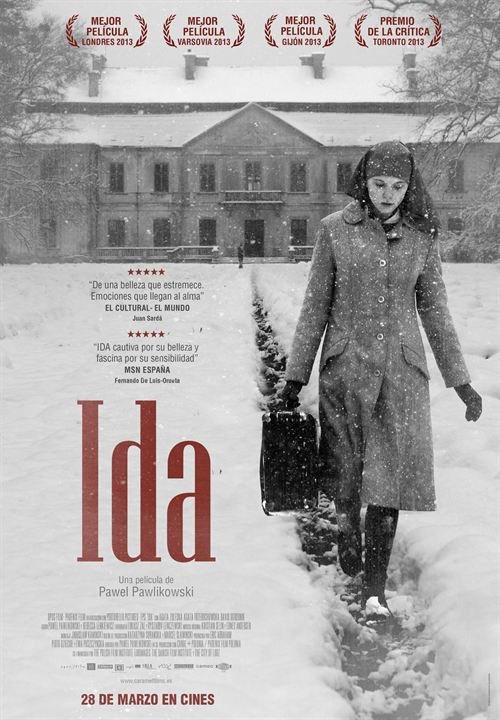
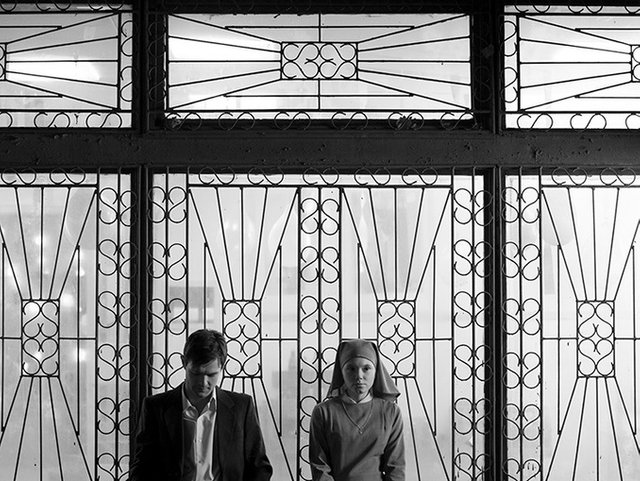
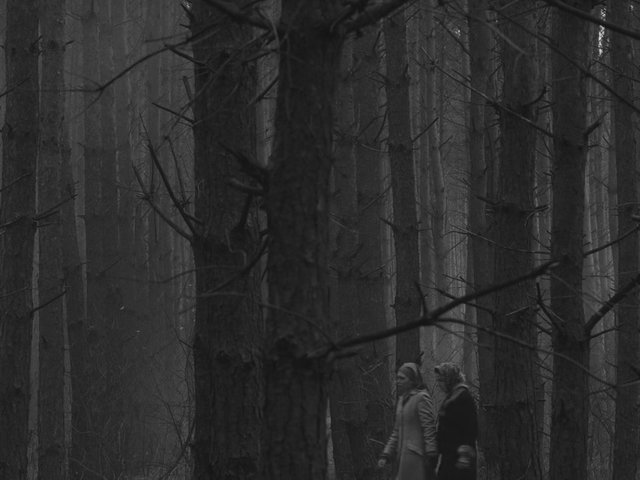
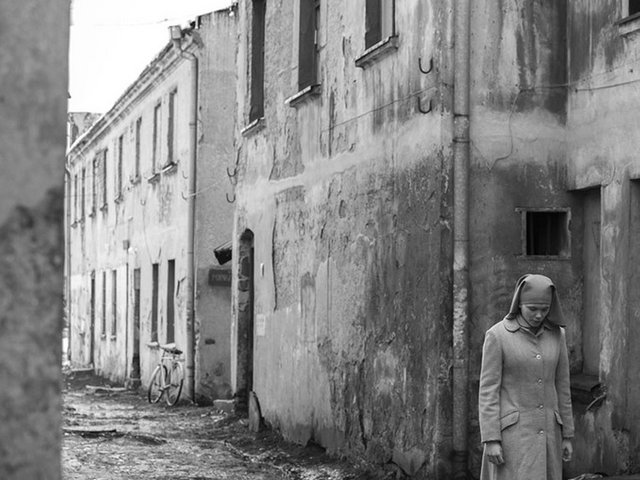
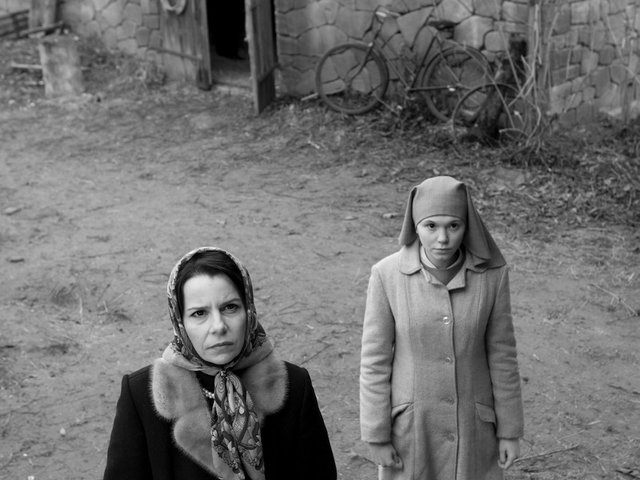
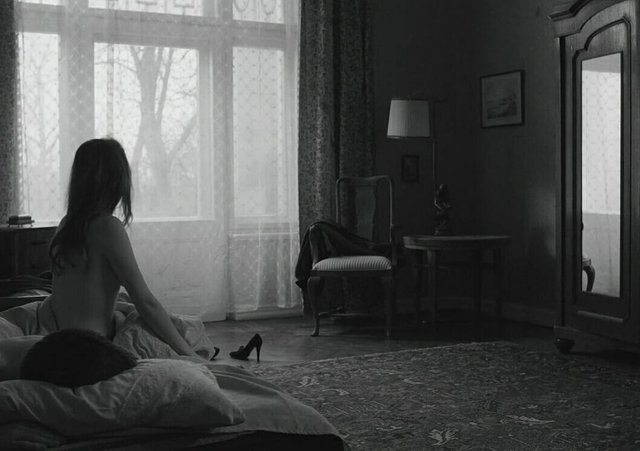
I really enjoyed this film as well. Maybe not quite as passionately, but it is a great film. Thanks for sharing.